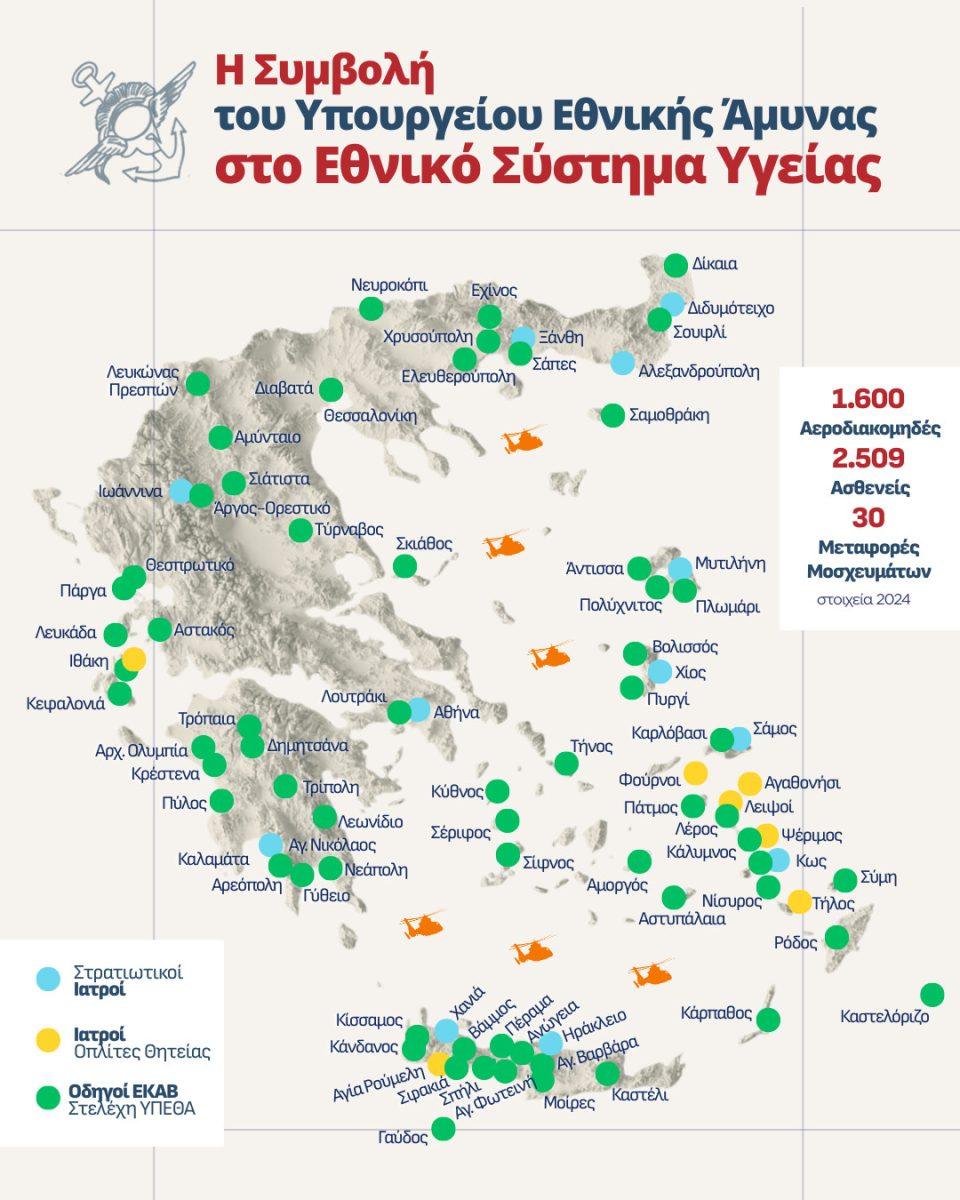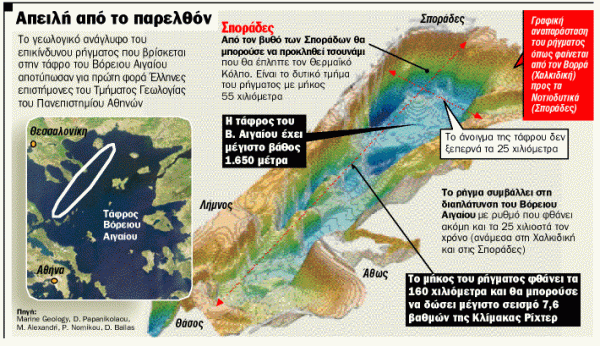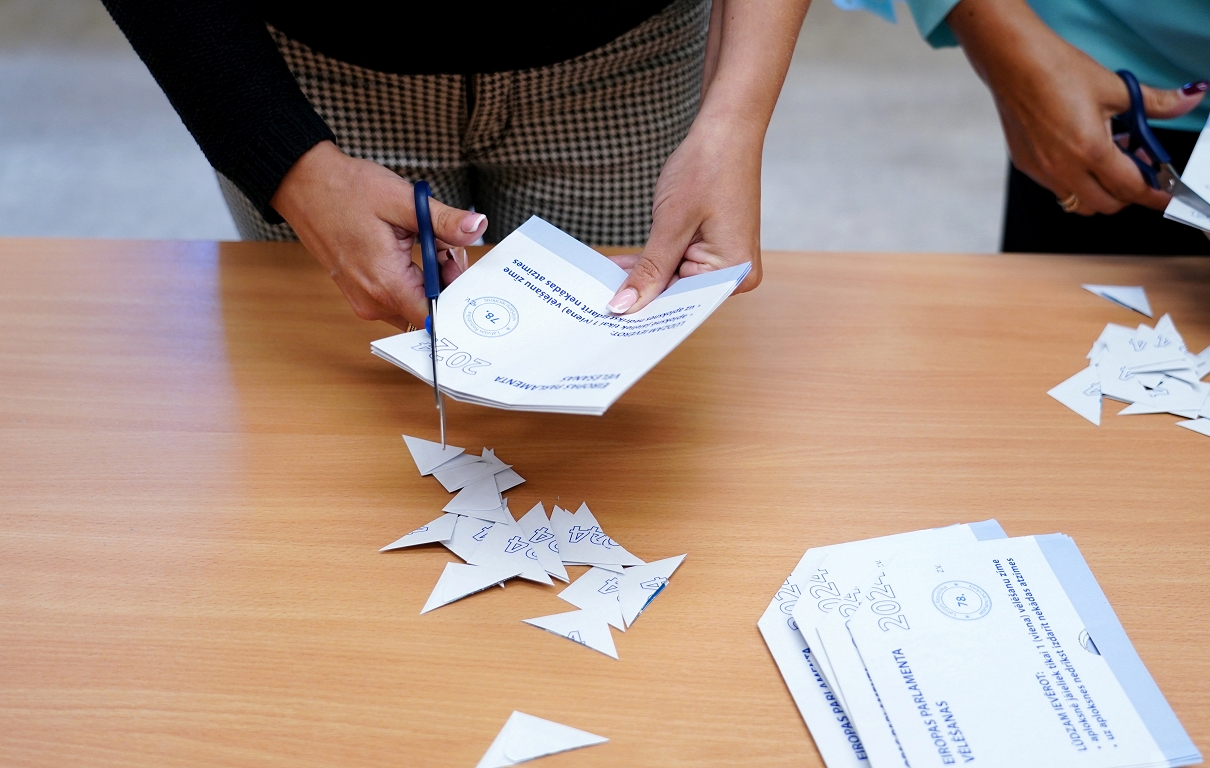Armed Forces: Six priorities in the field of health – what is changing in military hospitals

The great reform launched by the Ministry of National Defense is aimed at enhancing military hospitals, with upgrading and expanding the services provided to the Armed Forces staff.
Axis on « Agenda 2030 », includes a number of significant changes promoted to the health model of the Armed Forces of our country.
The 6 priorities
As part of the great reform promoted by the Ministry of National Defense, focusing on the agenda of 2030, the changes promoted to the health model of our country’s armed forces, setting six key priorities:
1. Upgrading and expanding the health services provided to the military and civilian personnel of the Armed Forces.
2. Changing the outdated model of operation of military hospitals. We emphasize rationalization in their financial management and administrative operation, with the aim of increasing their fullness and revenue, in order to save valuable financial resources, which will be used below to meet the needs of the ED staff.
3. The practical recognition of the offer of military doctors, nursing and paramedical staff through a new context, which enhances their professional and scientific development, education and financial compensation.
4. Enhancing interdisciplinaryism to tackle the problem of irrational distribution of medical and nursing staff.
5. The creation and operation of new standard health and welfare structures, with an emphasis on vulnerable groups.
6. The continued support of the functioning of the National Health System, through the staffing of military medical staff dozens of NHS health structures, mainly in acrimonious and border areas, with the participation of military hospitals in the on -call system, but also with the disposal of means of ED. For emergency airlines from all over the country.
Basic changes with the bill
Clear and transparent rules are set in the operation of military hospitals and ensuring their long -term financial autonomy, with the provision of specific categories of revenue, drawing up an accounting plan with an obligation to comply with a duplicate system, the establishment of financial statements, Defense and establish interdisciplinary supplies of health care.
- The possibility of expanding the operation of military hospitals beyond regular hours, with staff compensation, is introduced.
- The implementation of the hospital services costing system is introduced, rationalizing financial management and accelerating repayment procedures.
- The procedures for repayment of expenditure, prescription and drug supply are accelerated and simplified.
- The overnight stay of military pharmacies and home distribution of high cost drugs for active executives and their families.
- In the context of the constant evaluation of military hospitals, the adoption of quality indicators of their services provided in accordance with international standards is established.
In this way, the operation of military hospitals are modernized and adapted to current and future needs, ensuring their viability and large economies of scale are achieved.
B. To improve and expand the health services provided to the staff of the ED.
- For the first time, the possibility of free choosing a physician is introduced by the Armed Forces executives.
- The right of the military to conduct clinical examinations and prescription drugs in public hospitals, non -profit NPID nursing institutions, private clinics and medical clinics is expanded.
- The hospitalization and surgery of ED executives in a military hospital are given the opportunity to be hospitalized and surgery.
- It is introduced to provide access to the Medically Assisted Reproduction Unit of the Athens Naval Hospital not only to the Armed Forces executives, but to all Greek citizens.
- The procedure for the control and approval of health expenditure of executives and members of their families is simplified, resulting in their immediate compensation.
- Home -cost drug distribution is foreseen to executives with weaknesses of self -service.
- It is possible to grant Greek citizen identity cards to the Armed Forces staff other than their service cards. A fixed demand for decades of uniforms is satisfied.
- It is envisaged to grant work exemption after the execution of a 24 -hour night service, to normalize the family life of the military and the effective return to their service.
- A distance evaluation by the Military Health Committees, without the compulsory person’s presence, for the faster service of health recipients, is possible.
- It is foreseen to cover travel expenses of executives scheduled to undergo surgeries in a military hospital of another guard, from the one they serve.
- Changes are being promoted to the recruitment of people with disabilities. It is facilitated by the granting of recruitment benefits, that is, the exemption and the reduced term, to the disabled and to their relatives.
- The anachronistic institution of « weakness for any work » is replaced as a condition for granting recruitment benefits with disability at least 67%, as certified by the KEPA.
- The Opinions of the KEPA are now accepted and disabled people are not re -referred to military health committees.
C. For medical, nursing and paramedical staff
- The contribution of military doctors, nursing and paramedical staff is in practice, through a context that enhances their professional and scientific development, education and financial compensation.
- Economic compensation for work beyond regular hours is ensured.
- It is possible to participate in research programs and their scientific activity is enhanced.
- Issues are addressed to meet the educational needs that have arisen due to the lack of teaching research staff of the Supreme Military Institutions and the utilization of academic and practical knowledge of officers through the establishment of the institution of members of the military.
- Pathogenesis such as the acquisition of a military psychologist is fought in 174% of the posts and the acquisition of a military veterinarian in 183% of the posts.
- The substantial increase in the staffing of military hospitals with medical and nursing staff is promoted, which until recently was absorbed in administrative employment and not with the treatment of patients.
- It is possible to pursue a private profession, under conditions, to health officers.
- The institution of barren medical specialty is established and the waiting time for the commencement of medical specialty is reduced by rationalizing procedures, so that it soon ceases to have a shortage of critical specialties and surplus medical staff in others.
- A specialty of a professional hoplite rescuer is recommended.
- The Operation of School Training Schools is instituted.
- The rationalization is promoted in the staffing of nurseries by officers who are prioritized holders of a degree in higher education in the field of science in preschool or primary education.
D. For new structures and services created
- New standard health structures are being created, such as the Interdisciplinary Center for War Training, which will be harmonized with NATO standards to provide certified first aid on the battlefield.
- The quality of the health services provided to the Armed Forces executives with emphasis on vulnerable groups improves.
- It is foreseen, inter alia, the operation of a disabled dental clinic with the presence of anesthesiologist.
- Operation of Supported Living Roof Structures for Adult People with Disabilities (Disabled). In addition to the children with disabilities of the ED executives, we also give access to the children of other beneficiaries, at 30%.
- Operation of an Elderly Care Care Unit for the retired Nimic, as well as a Children’s Center for Children.
- Facility are introduced for families of executives with disabilities with disabilities or incurable diseases or people with disabilities.
- The framework is reinforced to relieve some categories of people with disabilities and relatives.
E. To enhance the interdisciplinary
- We are facing the problem of irrational staff distribution and the lack of interdisciplinaryism with the prediction of interdisciplinary staffing of military hospitals (401 GSN, 424 GSNE, 404 GSN, NNA, NNK, 251 GNA).
- It is possible to use surplus staff of a specialty in a military hospital of another industry, as well as the transfer of doctors of ELAS, the MS and the HS. AK in military hospitals.







